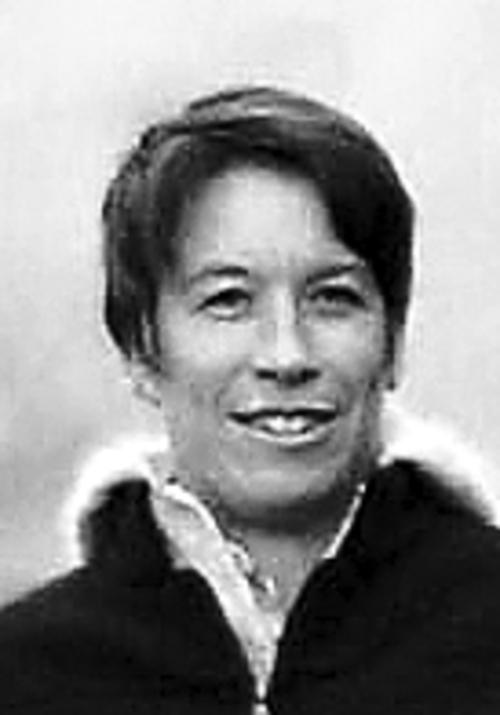This is an archived article that was published on sltrib.com in 2011, and information in the article may be outdated. It is provided only for personal research purposes and may not be reprinted.
Perhaps it is the uprisings in Egypt and Tunisia, or the mass demonstrations in Wisconsin, or the upcoming trial of Tim DeChristopher, but lately I have been thinking about the role of civil disobedience in a free society.
Dissent is a part of democracy and civil disobedience can be a courageous act of dissent. A person practicing civil disobedience puts his liberty on the line in order to continue living with a free conscience. Thanks to such courageous acts, slavery is illegal, women have the right to vote, black and white customers share the same lunch counter and children no longer work in mines or sweatshops.
On Monday, Tim DeChristopher will face trial for objecting to the government's prioritization of fossil fuel interests over the public's interest in a livable future in the face of climate change. On Dec. 19, 2008, as the Bush administration headed out of office, it offered oil and gas companies the opportunity to purchase leases to drill in scenic and biologically sensitive areas.
Some of the parcels bordered Arches National Park, Dinosaur National Monument, the Needles Overlook and Hatch Point, while others were on sage-grouse habitat or on wilderness-quality land.
Tim intended to join a group of protesters lawfully picketing the auction outside the U.S. Bureau of Land Management office. On arrival, it took only a few minutes for him to recognize the familiar dynamic plaguing our nation's relationship to fossil fuels: The people were outside, while the oil and gas companies were inside.
An economics student at the University of Utah, Tim had recently taken a final exam that asked whether the sale price of the oil and gas leases at the BLM auction would accurately reflect fair market value if the only bidders in the room worked for oil and gas interests.
Tim decided to go inside.
The rest of the story is common knowledge. Tim became Bidder 70. He bid up the price of several leases (initially they were selling for only $2 an acre). Halfway through the auction, he began winning leases. Recognizing that something was awry, the auctioneer called for a break and eventually canceled the auction.
This bought enough time for a federal court to review the sale and declare it procedurally defunct. Later, when the BLM re-evaluated the appropriateness of selling each parcel, it concluded that only 17 of the 77 parcels were ready to be leased. The other 60 parcels were either inappropriate for oil and gas development or inadequately evaluated.
Although both the judicial branch and the executive branch concluded that the Dec. 19, 2008, auction was unlawful, Tim will spend Monday morning facing the possibility of 10 years in prison.
Why is the federal government pushing for a criminal conviction in this case? When a citizen defies an admittedly unlawful government act, what good is served by criminal punishment? Tim acted on behalf of all of us, pushing the government to protect our public lands and our right to a livable future in the face of climate change. Even the Department of Defense has recognized that climate change presents a serious threat.
Yet, the fossil fuel industry continues to enjoy subsidies, tax breaks and preferential treatment inside the halls of Congress while We the People wait outside.
It's time for reform. And it's time to show support for members of our community with the moral courage to align their conscience and their actions by standing up for our right to a livable future.
That is why I, and many others, will stand in solidarity with Tim on Monday outside the courthouse.
Jamie Pleune, a sixth generation Utahn, lives in Salt Lake City. She recently completed a 350-mile "Pilgrimage for Hope" through Utah to raise awareness for climate change. You can learn more about the "Bidder 70" trial by visiting http://www.peacefuluprising.org.



